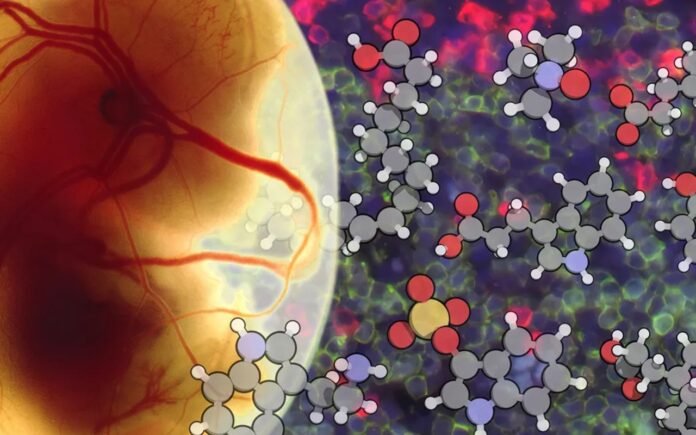Researchers from the Universities of Helsinki, Eastern Finland, and Turku conducted a study to understand how a mother’s microbiota influences her offspring’s development and health. They compared normal mice with germ-free mice (those lacking microbiota). They examined gene activity and metabolite levels in the fetuses’ intestines, brain, and placentas. This study aimed to uncover the starting point of microbiota interactions and their mechanisms.
Mikael Niku, the principal investigator of the study from the Faculty of Veterinary Medicine, University of Helsinki said, “The effects of the dam microbiota and the metabolites it produces on fetal development have not been previously investigated in such a comprehensive manner. Our study sheds light on the significance of the microbiota and the mechanisms by which the microbiota affects individual development and pregnancy. We identified previously unknown compounds in the fetus, which are likely to be microbial, and which can be important for individual development.”
The study found significant differences in gene activity in the intestines, brains, and placentas of fetuses from germ-free and standard mouse dams. In the gut, genes linked to the immune system and interactions with microbes were less active in germ-free dam’s fetuses.
The brain showed differences in genes related to nervous system development. In the placenta, crucial pregnancy-regulating genes had varying activity. These distinctions were more pronounced in male fetuses, suggesting they might be more influenced by the maternal microbiota, at least in mice.
The researchers also found that the expression of many essential genes was linked to metabolite levels likely influenced by the maternal microbiota. These metabolites were either absent or present at significantly lower levels in fetuses from germ-free dams.
These microbial products appear to play a role in shaping the development of the intestine, brain, and placenta, and many of these metabolites are previously unknown.
The research team is now studying microbial metabolites in other animals like piglets and calves, and they’re also looking at samples of meconium and amniotic fluid from babies.
Today, issues with how microbes interact with a young organism, whether due to an unbalanced environment or antibiotics, can increase the risk of immune system problems like inflammatory bowel diseases and allergies in the offspring.
Understanding the source of these disorders through research could help improve their prevention and treatment in the future.
This study reveals that maternal microbiota has a substantial impact on fetal development by influencing essential genes in the fetal intestine, brain, and placenta. These findings also pave the way for future research on how microbial metabolites affect fetal development.
They have implications for understanding the origins of disorders like inflammatory bowel diseases and allergies resulting from early host-microbe interaction deficiencies. Researchers aim to use these insights to improve the prevention and treatment of such conditions in the future.
Journal reference:
- Husso, A., Pessa-Morikawa, T., Koistinen, V.M. et al. Impacts of maternal microbiota and microbial metabolites on fetal intestine, brain, and placenta. BMC Biology. DOI: 10.1186/s12915-023-01709-9.
